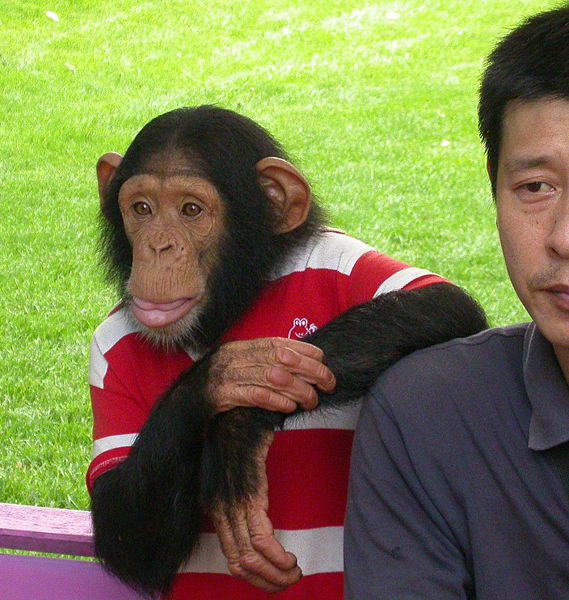
Still parceling out little bits and pieces, mostly unshaped and raw notes, from my manuscripts:
Daniel Dennett’s trademark slogan is that Darwinism is a “universal acid” that “eats through just about every traditional concept” in religion and morality, and puts our views of the social order in an entirely different light.[1] And yet, as philosopher Mary Midgley observes, “This is . . . evidently a selective acid, trained to eat only other people’s views while leaving Dennett’s own ambitious project untouched.”[2]
Nancy Pearcey suggests that we
consider one of the favorite concepts employed by evolutionary psychologists—the idea of “memes,” proposed as a kind of mental analogue to genes. Just as genes are the carriers of physical traits, so memes are hypothetical units of culture that are said to be carriers of ideas. Some evolutionary psychologists speak of them almost as parasites that can “infect” people’s minds, just as biological parasites infect their bodies—though instead of producing physical illness, they produce patterns of thought and behavior. Memes are entirely mythical entities, yet the idea has caught on and become widespread. . . .
Not surprisingly, evolutionary psychologists’ favorite example of a meme is religion, and Richard Dawkins has even suggested that religion is nothing but a computer virus that infects the brain. But of course, sauce for the goose is sauce for the gander, and we might reasonably ask how memetics applies to Dawkins’s own convictions.[3]
As Mary Midgley points out, if we accept the concept of memes as Dawkins and his co-believers seek to propagate it, we must conclude that the only reason they “campaign so ardently for neo-Darwinism must be that a neo-Darwinist meme . . . has infested their brains, forcing them to act in this way.” After all, she says, “if you propose the method seriously you must apply it consistently.”[4]
Darwin himself recognized and was troubled by this. “With me,” he wrote, “the horrid doubt always arises whether the convictions of man’s mind, which has been developed from the mind of the lower animals, are of any value or at all trustworthy.”[5] He was right to be concerned. Consistent materialism seems to saw off the branch upon which the materialist sits while thinking.
[1] Daniel Dennett, Darwin’s Dangerous Idea (New York: Simon and Schuster, 1995), 63. [See original.]
[2] Mary Midgley, “Why Memes?” in Hilary Rose and Steven Rose, eds., Alas, Poor Darwin: Arguments against Evolutionary Psychology (London: Jonathan Cape, 2000), 72. [See original.]
[3] Pearcey, “Darwin Meets the Berenstain Bears,” 61-62.
[4] Mary Midgley, “Fate by Fluke,” a review of Daniel C. Dennett, Freedom Evolves, in the Guardian (1 March 2003). [See original.]
[5] Francis Darwin, ed., Life and Letters of Charles Darwin, (New York: D. Appleton and Company, 1898), 1:285. [See original.]











